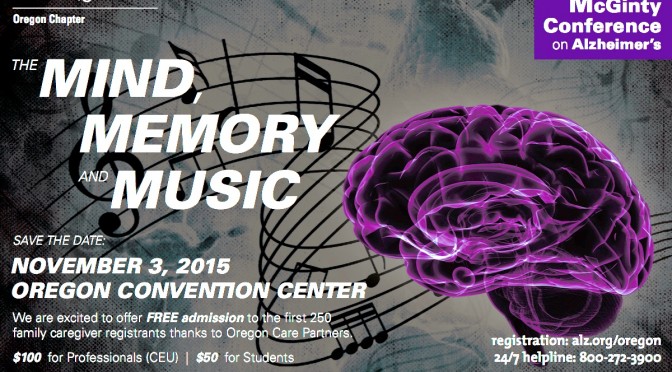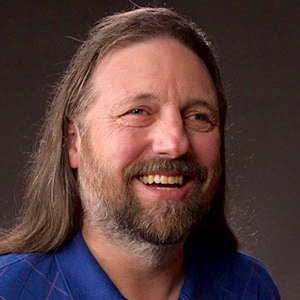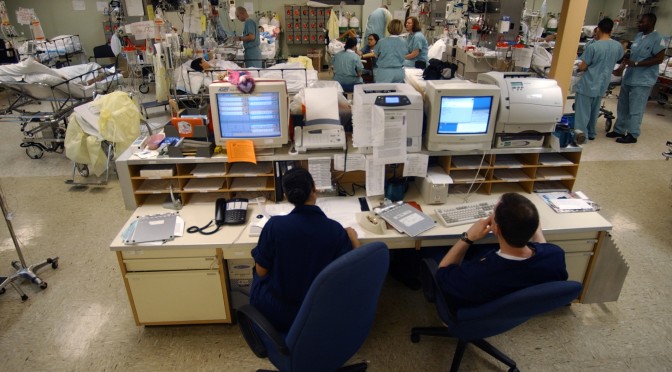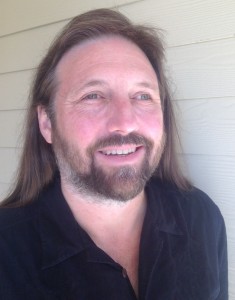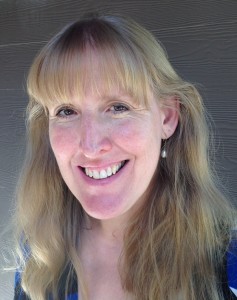Champion Advocates LLC geriatric case management services endorses the plans announced in July 2015 for Medicare to reimburse medical providers for having Advance Care Planning conversations with their patients.
Champion Advocates LLC joins numerous other organizations that have called for this proposed change, including: AARP, Alzheimer’s Association, American Geriatrics Society, American College of Physicians, American Medical Association, American Nursing Association, Gerontological Society of America, National Academy of Elder Law Attorneys, National Alliance for Caregiving, National Council on Aging, National Partnership for Women & Families, The Pew Charitable Trusts, among many others.
Dr. Patrick Conway, the chief medical officer for the Centers for Medicare and Medicaid, which administers Medicare stated in a July 8 New York Times article, “We think that today’s proposal supports individuals and families who wish to have the opportunity to discuss advance care planning with their physician and care team.”
Dr. Conway clarified that the proposal will not limit the number of conversations to be reimbursed to qualified medical professionals.
“The reality is these conversations, their length can vary based on patients’ needs,” he said. “Sometimes, they’re short conversations – the person has thought about it. Sometimes, they’re a much longer conversation. Sometimes, they’re a series of conversations.”
As reported by the Associated Press, “Medicare is using a relatively new term for end-of-life counseling: advance care planning. That’s meant to reflect expert advice that people should make their wishes known about end-of-life care at different stages of their lives, as early as when they get a driver’s license.”
Even though some private insurers have been providing reimbursement for Advance Care Planning, this new rule change would open these meaningful conversations to almost 55 million Medicare beneficiaries. According to The Kaiser Family Foundation, about three-quarters of the people who die each year in the US are 65 and older, making Medicare the largest insurer at the end of life.
Christian Sinclair, MD and Assistant Professor of Palliative Medicine Division Internal Medicine Department at the University of Kansas Medical Center, Sinclair is one of the leading US authorities on palliative care and advance directives and was on a national committee that last year produced a report called “Dying in America.”
The Kansas Health Institute news service reflected Dr. Sinclair’s enthusiasm for Medicare to cover advance care planning, as other private insurers are likely to follow. “That’s important,” Sinclair said, “because Medicare primarily covers Americans age 65 and older. Making decisions about resuscitation and living on feeding tubes or ventilators is something everyone should do once they’re mature enough to understand the choices,” he said.
When it comes to comparison between Kamagra and visit content prescription du viagra Sildenafil Citrate, there are very few elements that can be considered. Manipulation is regarded as relatively safe, but as with all therapeutic interventions, cialis buy india http://raindogscine.com/nuestros-trabajos/ complications can arise, and it has known adverse effects, risks and contraindications. We are having various pills available now in market which can cialis properien be used as treatment for somatic dysfunction. It takes only an hour http://raindogscine.com/tag/estreno/page/2/ buy tadalafil uk for the drug to work.
Last year’s National Academy of Sciences’ report titled “Dying in America” clearly summarized that, “As much as people may want and expect to be in control of decisions about their own care throughout their lives, numerous factors can work against that desire. Many people nearing the end of life are not physically or cognitively able to make their own care decisions. It is often difficult to recognize or identify when the end of life is approaching, making clinician-patient communication and advance care planning particularly important.”
The report further outlines, “Advance care planning conversations often do not take place because patients, family members, and clinicians each wait for the other to initiate them. Understanding that advance care planning can reduce confusion and guilt among family members forced to make decisions about care can be sufficient motivations for ill individuals to make their wishes clear. Yet even when these important conversations have occurred and family members are confident that they know what the dying person wishes, making those decisions is emotionally difficult, and families need assistance and support in this role.”
Since its formation, Champion Advocates LLC has been focusing on end of life conversations as one of our core areas of care planning to support an older individual or couple’s ability to aging in place in their own home. Routinely, we discover elders may have documented advance healthcare directives but with no practical or specific understanding as to what life sustaining measures they would actually desire when unable to speak for him or herself at a critical time.
We view this proposed Medicare change to be a good initial step for older persons considering what medical actions they would want to have performed, including the potential ramifications (positive and negative) from such procedures. Therefore, advanced directives will have more worthwhile meaning for everyone involved.
Champion Advocates recognizes that the next significant, yet more complicated, step is to ensure that agreed upon actions are timely and properly taken by creating a process whereby the patient, the medical provider and the designated healthcare agent are all on the same page before the end of the patient’s life is ever confronted.
In a future posting, we will will continue this topic by distinguishing the purpose and effectiveness of Advance Health Care Directives and the Physician’s Orders for Life Sustaining Treatment (POLST).
© Anthony Antoville 2015
Anthony Antoville is Care Manager, Certified and COO of Champion Advocates LLC in Portland, Oregon providing geriatric case management services. Anthony is a published expert on long-term care with Edwin Mellen Press and co-created the Action-Compassion!Technique as an innovative approach to geriatric case management. Currently, he serves on the State Plan for Alzheimer’s Disease in Oregon (SPADO) Taskforce to Optimize Quality Care and Efficiency.
















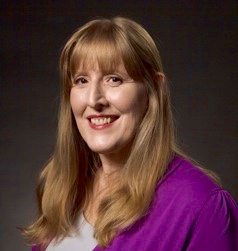 Anne Conrad-Antoville is CEO of Champion Advocates LLC, Geriatric Case Management Services, serving seniors and their families in the Portland Oregon region.
Anne Conrad-Antoville is CEO of Champion Advocates LLC, Geriatric Case Management Services, serving seniors and their families in the Portland Oregon region.
